AI voice cloning is changing the way marketers, voiceover artists and companies make content. Voice cloning lets you be creative in a huge range of ways such as by making perfect voiceovers for videos and podcasts or by translating material between languages.
This article talks about the top AI voice cloning software available in 2025. It will help you choose the right tool for your needs.
Why Choose AI Voice Cloning?
- Save Time on Recording
You don’t need to spend hours recording your voice or hiring voice actors. Just type your script and the AI does the rest in seconds. - Make Your Content More Engaging
A natural-sounding voice keeps people interested. Whether it’s a video, podcast or presentation, cloned voices sound real and help your message stand out. - Clone Your Own Voice
Want to use your voice but don’t want to record again and again? You can clone it once and use it as much as you want for future projects. - Create Content in Multiple Languages
Many tools support several languages. So, if you want to reach more people around the world, you can speak to them in their own language—without learning it yourself. - Perfect for People with Speech Limits
If you find it hard to speak for long periods or have voice issues, AI voice cloning lets you share your ideas clearly without straining your voice.
Key Features of the Best AI Voice Cloning Apps
1. Realistic and Natural-Sounding Voices
Your cloned voice needs to sound as real as possible. Tone, pitch and emotion are all captured well by good software, so the voice sounds realistic and closely matches the original.
2. Multi-Language Support
If you want to reach people all over the world, pick software that works with lots of languages. In order to make your material available to everyone, you can clone voices in various languages using this.
3. Customization Options
You should look for software that lets you change pitch, tone, speed and accents. You can change the voice to make it perfect for your wants and projects this way.
4. High-Quality Audio Output
It is important that the sound is clear and efficient. Good apps let you hear clear, high-quality sounds with little background noise or distortion, so the cloned voice sounds perfect and professional.
5. Easy-to-Use Interface
You do not need to be tech-savvy to use the app if it has a simple, easy-to-understand panel. With an easy-to-use interface, you can get what you need quickly.
Top AI Voice Cloning Software
| Tool | Pricing | Key Features | Free Trial | Web Availability | Mobile Availability | Rating |
| Vozo AI | Free Trial (30 Gift Points/7 days), Premium Starts from $29/month | Ultra-realistic voices, advanced customization | Yes | Yes | Android/iOS | ⭐⭐⭐⭐⭐ |
| ElevenLabs | Free, Plans from $5/month | Professional voice cloning, instant cloning | Yes | Yes | Android/iOS | ⭐⭐⭐⭐⭐ |
| Descript | Free, From $24/month | Text-based editing, Overdub voice cloning | Yes | Yes | No | ⭐⭐⭐⭐ |
| Synthesia IO | From $29/month | Voice cloning with custom AI avatars | Yes | Yes | No | ⭐⭐⭐⭐ |
| PlayHT | Free, Plans from $3/month | High-fidelity voice cloning, API integration | Yes | Yes | Android/iOS | ⭐⭐⭐⭐ |
| Resemble AI | From $5/month | API access, rapid voice cloning | Yes | Yes | No | ⭐⭐⭐⭐ |
| Uberduck | Free, From $4/month | Large TTS library, AI vocals | Yes | Yes | No | ⭐⭐⭐⭐ |
| Speechify | Free, From $29/month | OCR capabilities, emotion addition | Yes | Yes | Android/iOS | ⭐⭐⭐⭐ |
| Maestra AI | From $49/month | Transcription, subtitling, voice cloning | No | Yes | No | ⭐⭐⭐⭐ |
| Murf AI | Free, From $29/month | AI dubbing, customizable modulation | Yes | Yes | No | ⭐⭐⭐⭐ |
You May Also Like:
Vozo AI
With Vozo AI, you can make voice clones that sound clear and real and you have full control over the tone and style. You can copy your own voice or make a new one with its AI clone technology. It can make multiple voices at once, process them quickly and have speaker recognition.
Best For
Video makers, marketers and educators who want a tool to easily translate and dub videos in different languages.
My Verdict
If you make content and want advanced features and support for various languages, Vozo AI is a great choice. It has tools to help you make better videos like strong editing controls and lip-syncing tools. As for its usage, I think it has one of the most intuitive editing panel online – even a newbie can translate, redub and add subtitles to their Youtube videos with ease.
Pricing
- Free Plan: Suitable for basic exploration.
- Premium Plan: $29/month($23/month if billed yearly).
- Business Plan:$99/month($75/month if billed yearly)
- Enterprise Plan: Customizable
Quality & Realism
- Gives you incredibly lifelike voice cloning with genuine accents and emotional tones.
Ease of Use & Access
- The tool has tons of features for your exploration. Thanks to its intuitive panel and AI Pilot feature, even a newbie can harness the power of Vozo with ease.
Versatility & Features
- Multilingual translation, video dubbing and precise lip-syncing.
- Advanced pitch, volume and speed adjustments for tailored outputs.
ElevenLabs
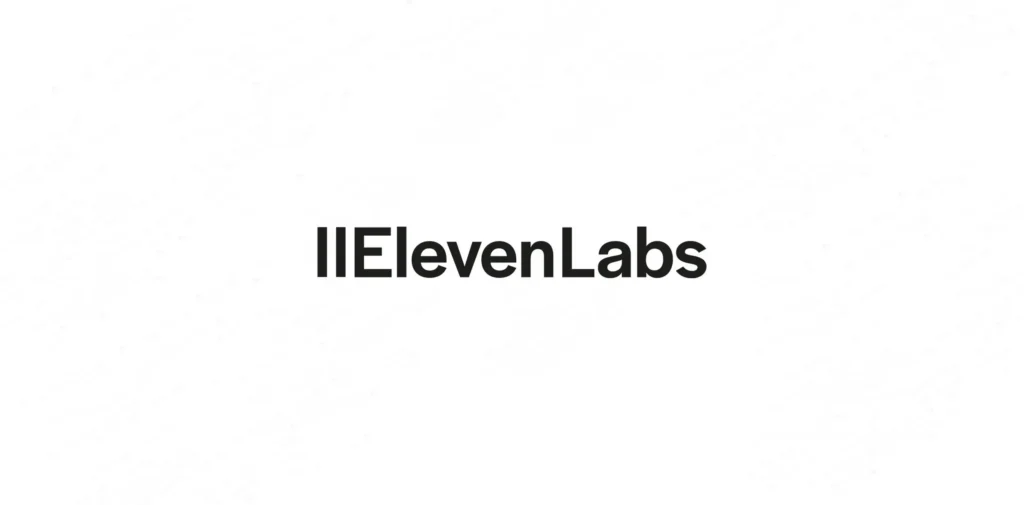
ElevenLabs is known for making voices that sound very real and can show feelings like happiness or sadness. You can copy your voice, use multiple languages and even make dynamic storytelling. It is simple to use and is accurate, but for some advanced features you might need to pay.
Best For
Podcasters, audiobooks creators and marketers who need a variety of voice choices.
My Verdict
With its realistic voice features, ElevenLabs gives you a great mix of quality and price. If you want to make good voices, this is a good choice. But the free plan has some restrictions that you should know about. Before you start, make sure it meets your needs.
Pricing
- Free plan
- Starter plan: $5/month
- Creator plan : $11/month
- Pro plan : $99/month
- Scale Plan: $330/month
- Enterprise: Custom pricing available
Quality & Realism
- Makes voices that are dynamic and sound clear and natural. If you want an exact voice, custom voice cloning might not be the best choice.
Ease of Use & Access
- On the Web, IOS or Android, it is easy to use and works on all of them.
Versatility & Features
- It works with a lot of languages and lets you control the accent, but it does not have any advanced editing tools.
Descript
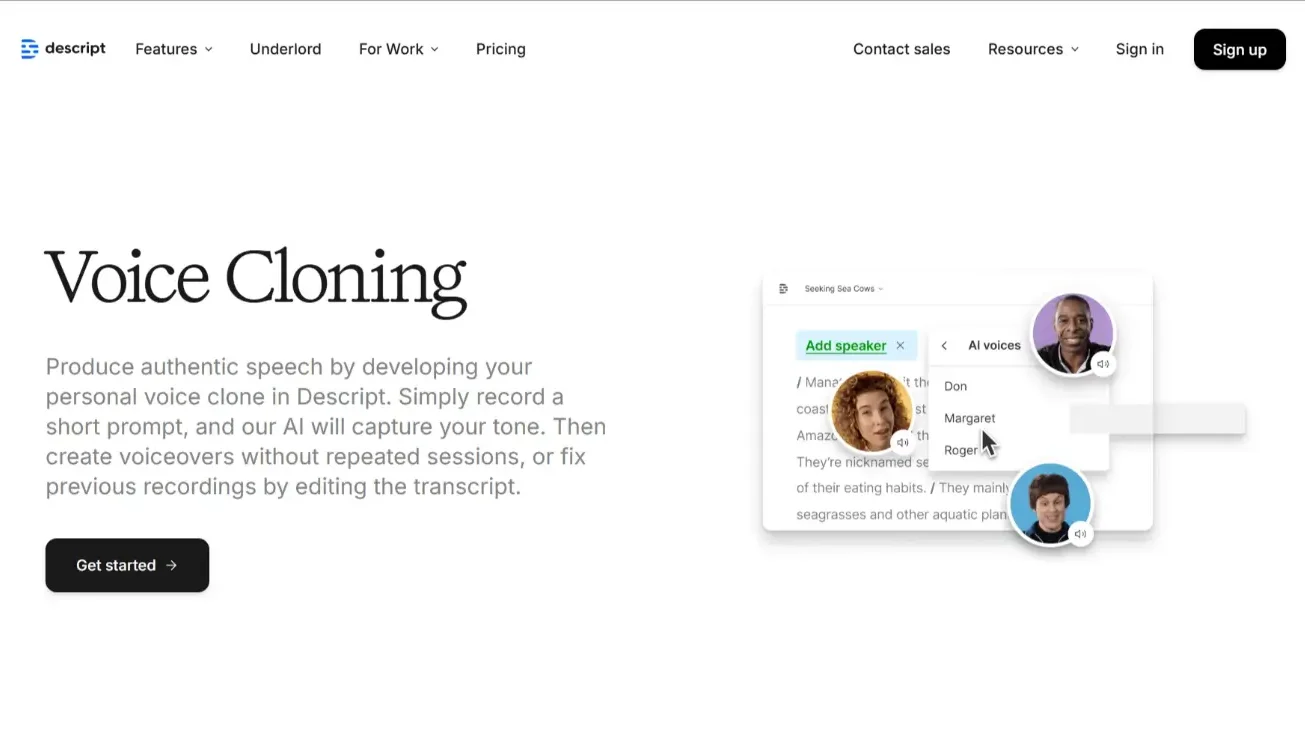
The Overdub feature in Descript lets you record, cut and replace sounds all in one editing tool. You only need to type to copy your voice and fix mistakes just by typing. It can also help you record your screen, edit videos and let you work together with the team.
Best For
Content creators and video editors looking for a complete solution like text-based editing.
My Verdict
Descript is a great tool if you’re looking for more than just voice cloning. It also lets you edit videos and remove filler words easily. But if you need voice cloning that can be customized, this might not be the best tool for you.
Pricing
- Free plan available.
- Hobbyist plan: $24/month.
- Creator plan: $35/month.
- Business plan: $50/month.
- Enterprise plan: Custom.
Quality & Realism
- Voice cloning in Overdub produces good results, but it lacks the emotional depth of Vozo or ElevenLabs.
Ease of Use & Access
- It is simple to use, but some of the more advanced features might be hard to understand at first.
Versatility & Features
- It has transcription, filler word removal and studio-quality sound features.
Synthesia
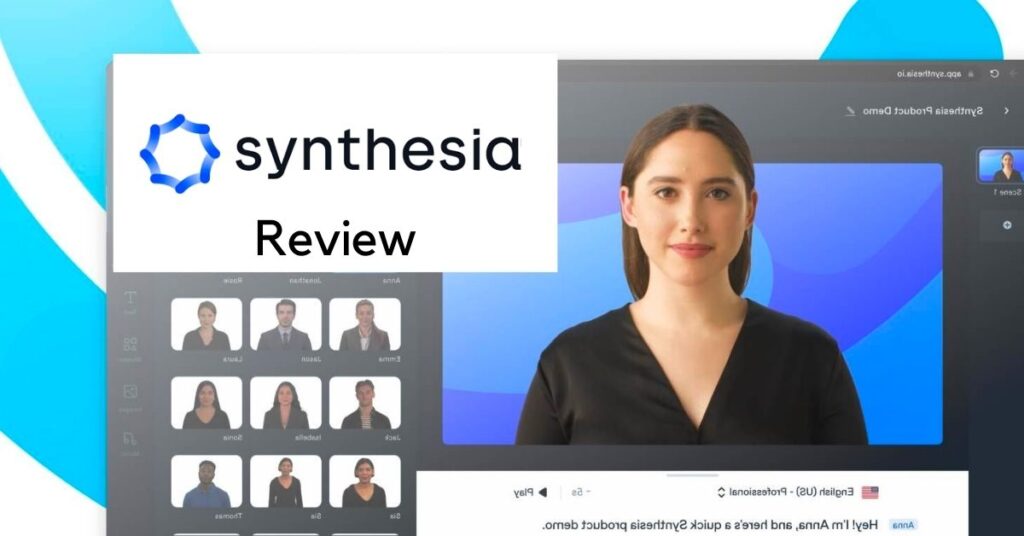
Synthesia lets you quickly make AI videos with voice cloning and avatar. You type your story and pick a language and voice from its dataset or make your own. It has AI avatars that look real and cover more than 120 languages. There is no need for a mic, a camera or editing skills. The only drawback is that you cannot change the voices much.
Best For
Social media teams and marketers who want to automate the creation of content.
My Verdict
If you need to make professional explainer videos fast, Synthesia is what you need. It adds clone voiceovers to your videos to make them look polished and expert. Natural voice cloning for more artistic purposes might not be the best with this software.
Pricing
- Starter Plan: $29/month.
- Creator Plan: $89/month.
- Enterprise: Custom.
Quality & Realism
- Even though the unique avatars look great and work well, the voices may sound a little off at times when you use them.
Ease of Use & Access
- You do not need to know anything technical to use it. You do not need any special training or skills to get started right away.
Versatility & Features
- Limited customization options, but great for companies that focus on video marketing.
Read More:
Best Synthesia Alternatives
PlayHT
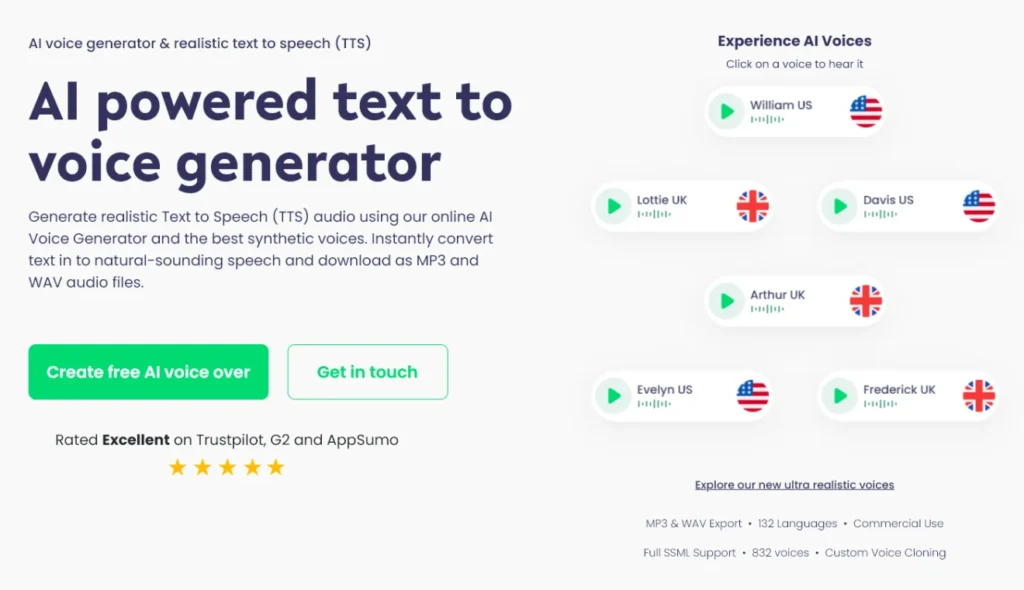
For blogs, learning apps or games, PlayHT lets you quickly add realistic voiceovers. You can clone your voice or use text-to-speech on any available voices. It works with more than 100 languages and lets you change the tone and speed of your words. It also has an API for developers that lets them use voice in real time.
Best For
For marketers and teachers looking for multilingual audio cloning.
My Verdict
PlayHT is great if you need to grow and work with many languages. It is a good way to quickly make audio in many languages. If you like to work with longer samples, this software might not be best option for you.
Pricing
- Free plan for basic use.
- Creator plan : $39/month.
- Premium plan: $99/month.
- Enterprise: Custom.
Quality & Realism
- The audio is clear and the output is good, but it might not be able to capture strong feelings well. Perfect for you if you need audios that are easy and straight-forward.
Ease of Use & Access
- You can use it on your phone or web, but it would be better if it had better video editing tools for your needs.
Versatility & Features
- Best in its class for supporting multiple languages, but not as good at changing emotional tones.
Resemble AI

You can give your voice an emotional tone with Resemble AI – your voice can sound happy, sad or excited. With the real-time voice tool, you can type text and talk live. It lets you copy voices, use APIs and convert text to speech.
Best For
For business projects that need a lot of customization choices and API access.
My Verdict
Resemble AI has strong and powerful features that might work well for you, but it is mostly made for business clients. Because it costs a lot, it might not be the best choice if you are on a tight budget. It works best for big companies with lots of money.
Pricing
- Starter plans : $5/month.
- Creator plans : $19/month.
- Professional plan : $99/month.
- Scale plan: $299/month.
- Business plan: $699/month.
- Enterprise plan: Custom.
Quality & Realism
- It takes more time to set up, but the voice matching is very accurate. For real voice effects, it is perfect.
Ease of Use & Access
- The tools are simple enough for beginners to use, but you might need more time and effort to learn how to use the more advanced features.
Versatility & Features
- It is great for big businesses because it has advanced editing tools and supports multiple languages.
Uberduck
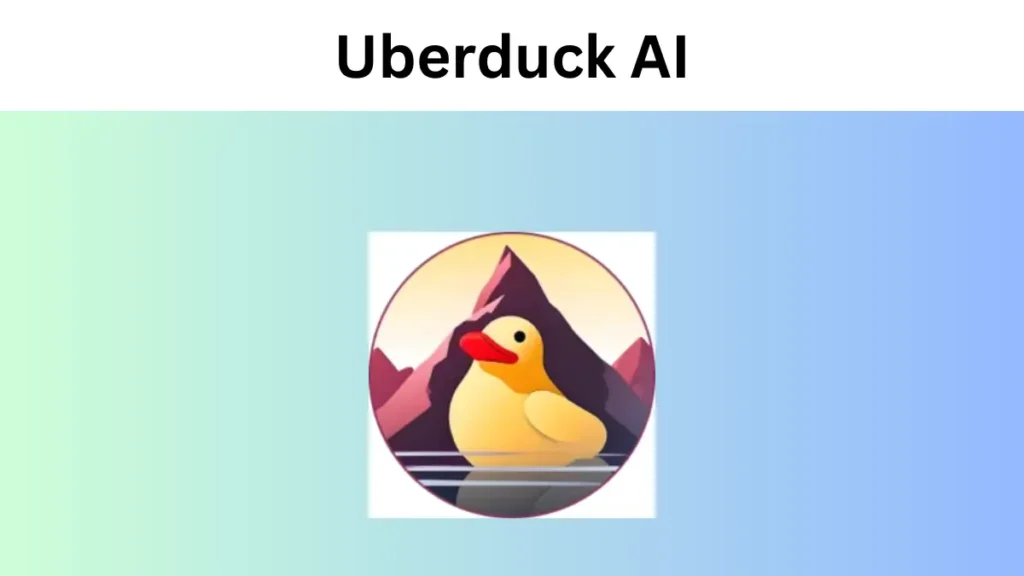
Uberduck lets you copy character or celebrity’s voice and is fun and flexible. With it’s huge library of famous and character voices, generative speech and voice cloning, you can even make AI rap songs. It is a fun choice if you want variety and speed.
Best For
People who want to try their luck at making musical or entertaining projects.
My Verdict
Uberduck is a fun and creative voice cloning tool, but it might not be the best option if you want professional level results. For important or high-quality work, you might need a more advanced tool. This is great for fun projects or trying out voiceovers.
Pricing
- Starter plan: $4/month.
- Creator plan: $9.99/month.
- Pro plan: $60/month.
- Enterprise plan: Custom.
Quality & Realism
- Though it is great for personal or fun projects, the quality and finish may not be up to par for your work.
Ease of Use & Access
- It is simple and fun to use. It helps you get things done quickly and can make your life easier.
Versatility & Features
- Excellent for unique content, but not right for business needs.
Speechify

With Speechify, you can use natural sounds to turn any text into speech. You can read, learn or listen to it while you are on the go. You can pick a voice, change the reading speed and sync between platforms. It is hard to clone voices, but it works great for text-to-speech jobs.
Best For
Anyone who makes or uses audio content and needs a tool to help them do more than one thing at once.
My Verdict
Speechify is a useful tool for many people because it is both easy to use and professional. You may find that it costs more than other choices that are similar. There may be cheaper options available, so you might want to look into those first.
Pricing
- Free plan: Available
- Premium plan: $29/month.
- Enterprise plan: Custom.
Quality & Realism
- You will enjoy the strong emotional delivery, but some accents might be hard for it to understand. You should think about it if you care about clarity.
Ease of Use & Access
- You can easily get to it on your phones, tablets or computers because it works with Web, iOS android and macOS.
Versatility & Features
- Great for making audiobooks.
Maestra AI
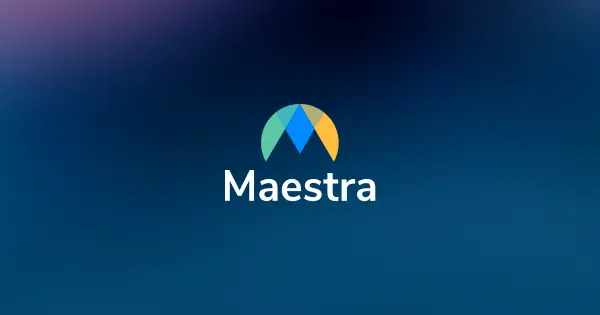
You can make voiceovers, subtitles and translations all in one place with Maestra AI. It lets teams quickly make content for people around the world in more than 80 languages. Maestra will take care of the rest after you send your audio file.
Best For
It works best for educators, trainers and marketers who make information for people all over the world.
My Verdict
Maestra AI is a great tool to make subtitles quickly and easily. The tool works well and is reliable for artistic projects. It might not be what you are looking for if you want voices that sound real and natural. Simple subtitling jobs work best with it.
Pricing
- Basic plan: $49/month.
- Premium plan: $99/month.
- Business plan: $199/month.
- Business Plus plan: $449/month.
- Enterprise plan: Contact Us!
Quality & Realism
- It is great for everyday use, but it might not have enough features or details for hard jobs that need more care or depth.
Ease of Use & Access
- Even though it is easy to use, new users may find it less clear. It might take you a while to get used to space.
Versatility & Features
- Does an excellent job of translating and subtitling.
Murf AI

The voiceovers you get from Murf AI are studio-quality and it lets you change a lot of things about them. You can add a story, pick from a bunch of AI voices and even sync the sound with the slides. Plus, you can clone voices and change the pitch.
Best For
Businesses that want a tool that can do multi-tasking like dubbing and editing.
My Verdict
If your business needs advanced features for making voiceovers or audio, Murf AI is a great tool for you. Smaller teams might find it hard to handle or too much. You might want to find something easier to use if your team is small.
Pricing
- Creator plan: $29/month.
- Growth plan: $99/month.
- Business plan: $299/month.
- Enterprise plan: Custom.
Quality & Realism
- Output has a great tone, but you could work on how you copy emotional details to make what you say more interesting and relevant.
Ease of Use & Access
- This is made for people who have used it before. It works best if you already know how to use tools or methods that are like this.
Versatility & Features
- It is very flexible, but it does not have a strong video dubbing option.
What makes Vozo AI stand out for Voice Cloning
Ultra-Realistic Voice Cloning : Vozo lets you clone a voice with a 1–3 minute clear voice sample (minimum 20 seconds for basic cloning). The cloned voice is delivered in 5–10 seconds for basic use cases The cloned voices carefully copy the original’s tone, accent, rhythm and emotional undertones.
Text-Based Speech Editing : Users can change what was said by changing the transcribed text which makes editing easier. The edited speech is exactly the same as the original voice, so the sound and style of the original are kept.
Extensive Voice Library with Emotional Tones : Vozo offers a library of 100+ pre-built AI voices covering different countries, languages, and accents. These voices speak different languages and have different accents. The voices have deep emotional ranges that make the audio seem more real and keep the viewers interested.
Advanced Voice Customization : Users can easily change any line with their own voice or one from Vozo’s large library. You can fine-tune the pitch, volume and speed with exact controls and it is easy to make changes that will help your creativity.
Effortless Localization and Translation : Vozo has a big library. The pitch, level and speed can all be fine-tuned and it is simple to make changes that will help you be more creative.
Seamless Video Dubbing and Lip-Sync : Vozo supports video translation and dubbing across 61+ source languages and 31+ target languages (covering mainstream global languages and dialects).
User-Friendly Interface : Vozo is easy for both professionals and non-professionals to use so it can be used by people like marketers, educators, podcasters, video creators.
Start Cloning with AI Today
Choosing the best voice cloning software can completely change how you make content, making it faster and more realistic than ever. Tools like Vozo AI and ElevenLabs can help you meet your needs, whether you care most about price, reality or customization.
Are you ready to bring your voice to life? Explore tools like Vozo AI and take your creations to the next level.

